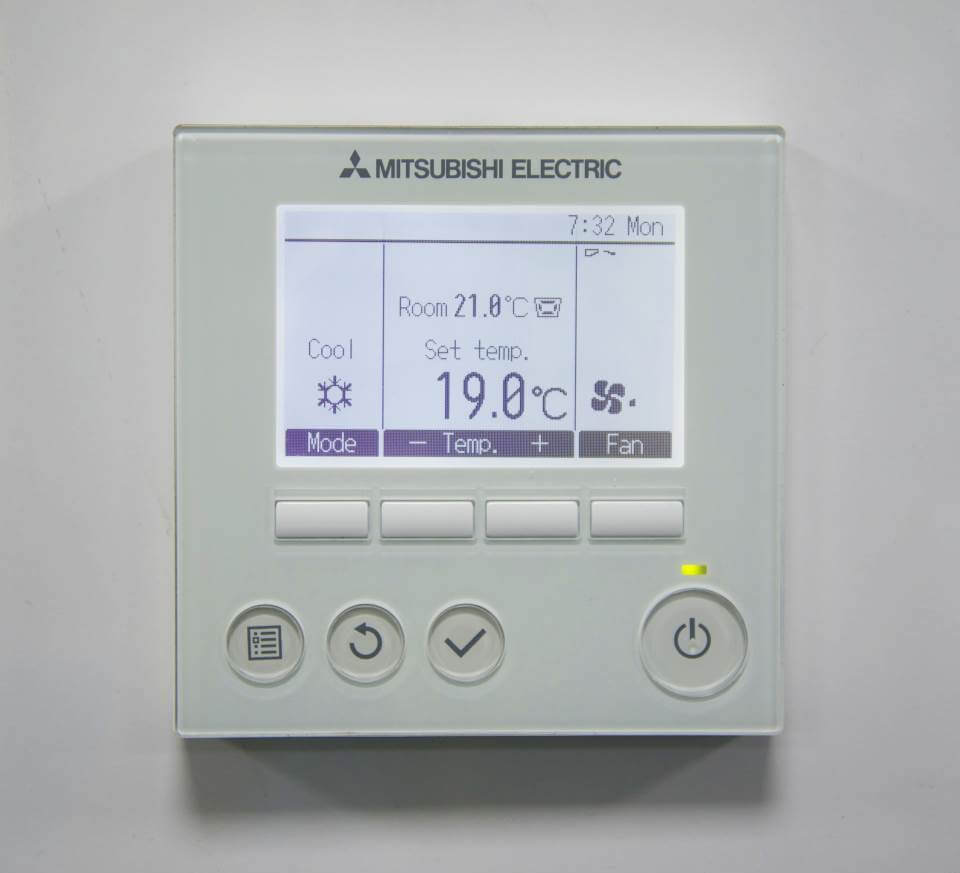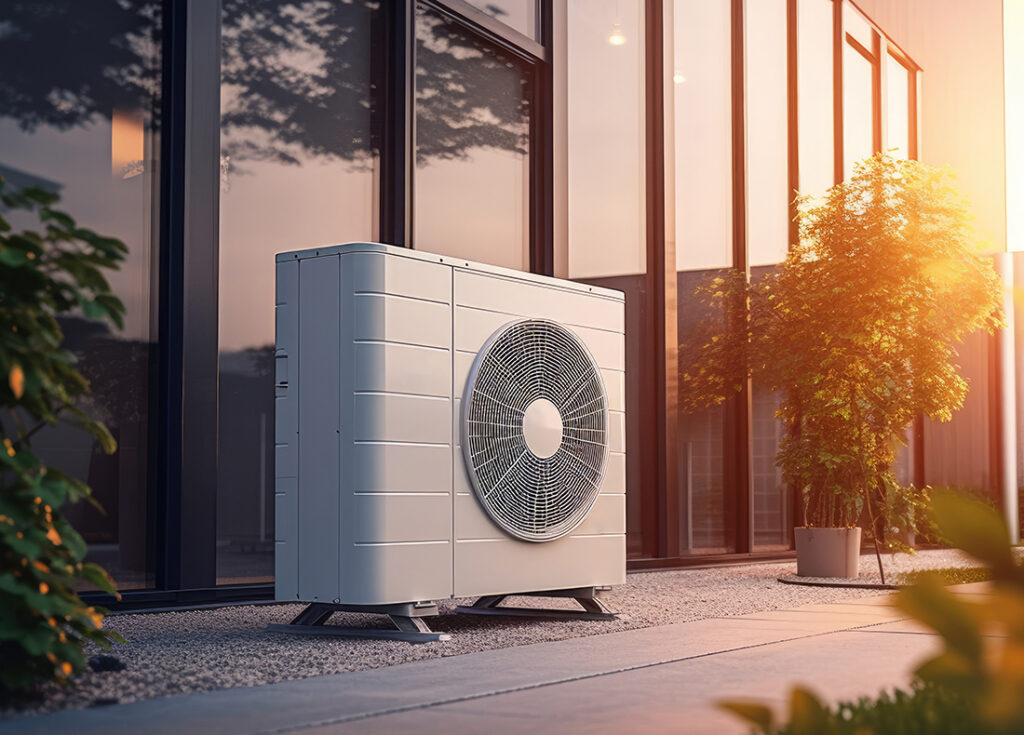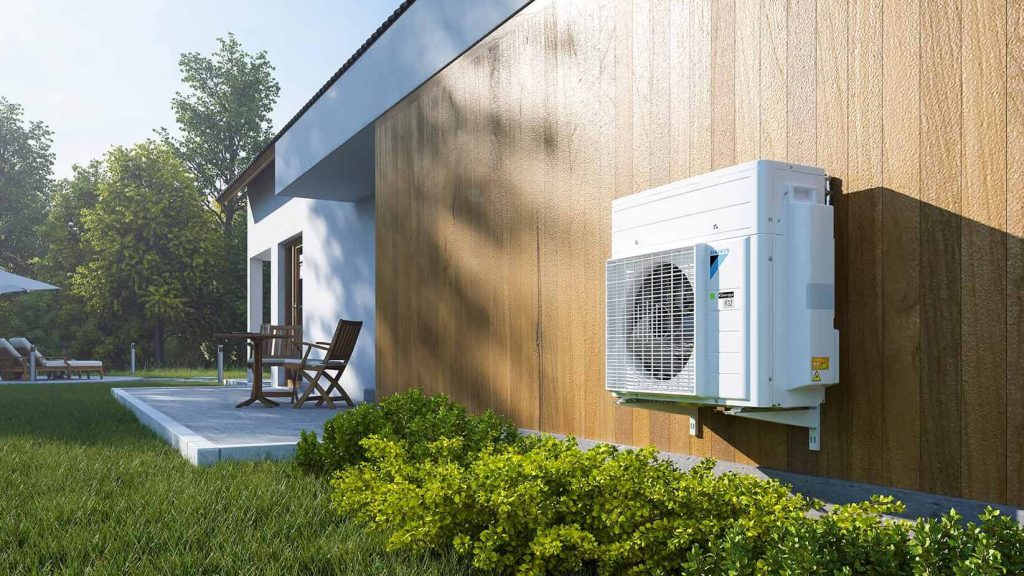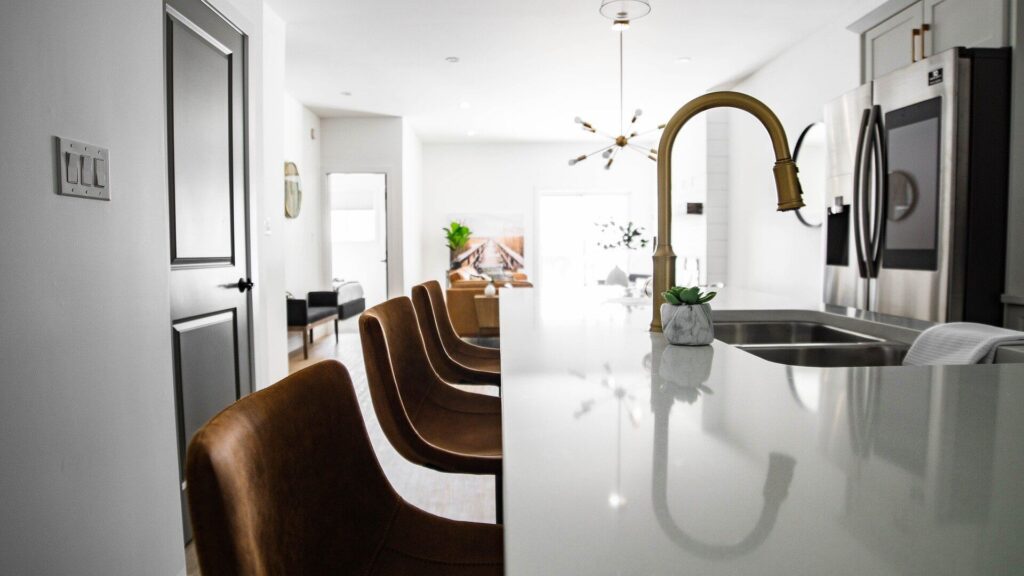Why is Workplace Ventilation Important?
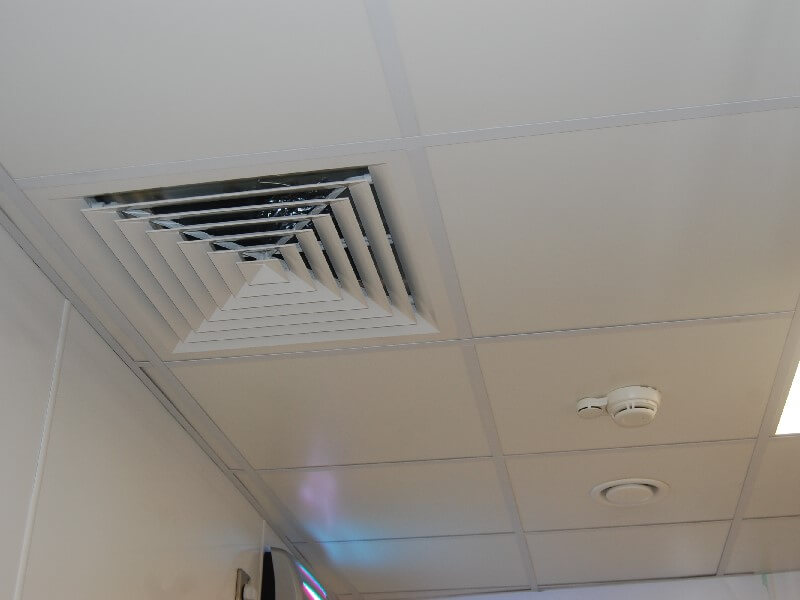
Estimated reading time 6 minutes
The quality of the indoor air we breathe plays an important role in our health and well-being as well as our comfort and productivity.
UK Law On Workplace Ventilation
In the UK workplace ventilation is regulated by the Health and Safety Executive (HSE) under regulation 6 of the Workplace (Health, Safety and Welfare) Regulations 1992. These regulations state that “employers must ‘ensure that every enclosed workplace is ventilated by a sufficient quantity of fresh or purified air’.” Additionally, The Building Regulations 2010, Approved Document F (ventilation) provides guidance on the minimum standards of ventilation that should be provided in new buildings, and in existing buildings undergoing major refurbishment.
Where ventilation is required and is achieved through the use of mechanical ventilation such as heating, ventilation and air conditioning systems, the regulations also require employers to ensure that the ventilation system is maintained in good working order by regularly inspecting the system and any necessary maintenance and repairs are carryied out promptly to ensure the system is working efficiently and effectively. Employers must also keep records of any maintenance and repairs carried out.
The Health and Safety Executive (HSE) provide guidance on how to identify poorly ventilated work areas such as areas where there is no natural ventilation (open windows, doors, or vents) or mechanical ventilation (fans or ducts bringing air in from outside) and where areas feel stuffy or smell bad. They suggest that CO2 monitors should be considered to identify poorly ventilated areas. Advise is also given on how to assess the risk of poor ventilation, understand when to take action and how to improve ventilation.
Why Is Workplace Ventilation Important?
It’s not only the law to ensure good ventilation in workplaces, studies have shown that good ventilation is essential when it comes to employee health and well-being. These include:
General Health
There have been numerous studies which show that indoor air quality is closely linked to employee health.
According to HR News there is “mounting evidence [that] demonstrates that enhancing indoor air quality in workspaces has major economic implications. Each year, air pollution is estimated to cause six million sick days and has a total cost of £22.6 billion, according to research by the Royal College of Physicians.”
A 2018 study carried out by Ambius of 1,000 office workers in the United States showed that 40% of workers had taken time off “because the quality of the air in their office had made them ill.”
A survey by the Remark Group called “Air Quality and Wellbeing at Work” found that of over 1,000 UK office workers 80% believed that poor indoor air quality could be having a negative impact on their mental and physical health. The survey also highlighted a rise in sick building syndrome symptoms.
During the pandemic ventilation was also shown to play a major role in reducing the amount of covid-19 virus circulating in the air and the risk from aerosol transmission. It’s therefore clear that ventilation can also play a vital role in removing airborne pollutants, contaminants and viruses which will help to cut down illness including sick building syndrome which can result when there is no or poor ventilation.
Mental Health
Mental health can also be impacted when air quality is poor. According to the Journal for Social Psychiatry and Psychiatric Epidemiology air pollution can have a significant impact on mental health. They estimated that there was “a twofold increase in terms of common mental disorder cases directly attributable to residential annual exposures to PM2.5 > 15.5 μg/m3, below the EU value air quality target value of 25 μg/m3.”
Productivity
A one-year study led by Harvard T.H. Chan School of Public Health of office workers across six countries found that “increased concentrations of fine particulate matter (PM2.5) and lower ventilation rates (measured using carbon dioxide (CO2) levels as a proxy) were associated with slower response times and reduced accuracy on a series of cognitive tests. The researchers noted that they observed acute reductions of cognitive function at concentrations of PM2.5 and CO2 that are common within indoor environments.”
Jose Guillermo Cedeño Laurent, a research fellow in the Department of Environmental Health and lead author of the study went onto say “The study also confirmed how low ventilation rates negatively impact cognitive function. Overall, the study suggests that poor indoor air quality affects health and productivity significantly more than we previously understood.”
A collaboration between Harvard University, Syracuse University and SUNY Upstate Medical carried out a study over six days over a two week period, in a highly controlled work environment. The study looked at workers “decision-making performance using a standardized cognitive function test” while increasing the quality of the air they were breathing. The study found that “breathing better air led to significantly better decision-making performance across nine cognitive function domains” and “the biggest improvements in areas that tested how workers used information to make strategic decisions and how they plan, stay prepared, and strategize during crises.”
It’s clear that ventilation plays a vital role in the workplace.
Synecore For Air Conditioning and HVAC
Syncore install commercial air conditioning and heating, ventilation and air conditioning (HVAC). The right air conditioning and purification system for will depend on your business space and whether you have an existing HVAC system or are looking to install a new HVAC system. It will also depend on the air handling capacity of your system and the size of your workspace/building. If you already have an HVAC an air purification system can be retro-fitted. We’ll carry out a full inspection of your building and put together a solution that will best meet your needs to ensure you have the best air quality within your workspace.
Synecore offer air conditioning planned preventative maintenance (PPM) packages to suit your business and the size of your premises, overseen by an experienced project manager so you know you are in good hands. Your PPM includes scheduled visits throughout the year, as often as is required to keep your system efficient and compliant. We cover Kent, London and across the UK.
If you would like to learn more about how your air conditioning system can play a role in maintaining your building’s air quality please contact Synecore via our contact form or on 01795 509 509. Our team will book an appointment for one of our engineers to visit your site and discuss your options.
